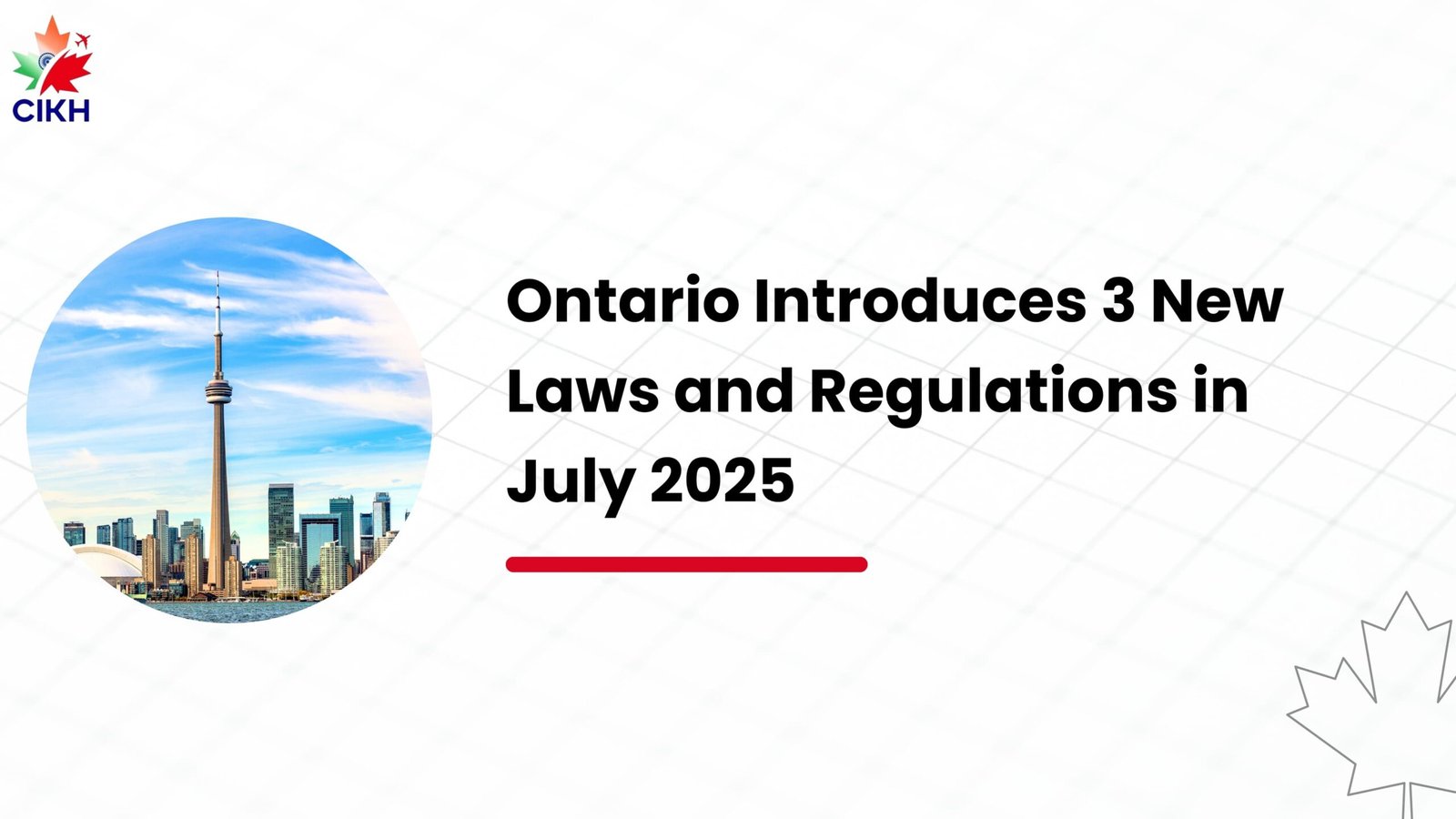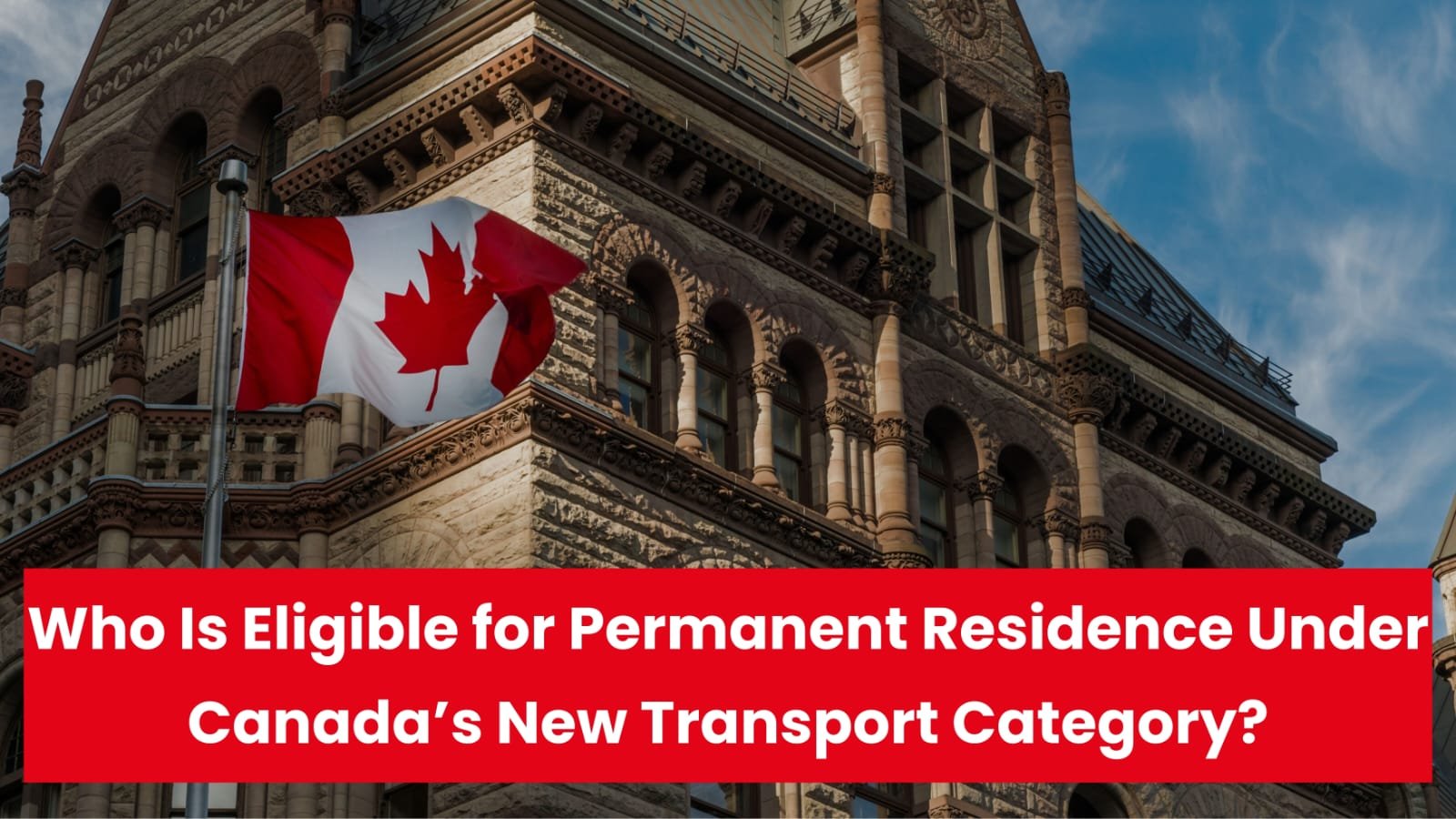As July 2025 approaches, Ontario is rolling out three major legal changes that will significantly impact renters, gig workers, and individuals with disabilities.
From new protections against unfair tenant evictions in Toronto to rights for digital platform workers and the launch of the Canada Disability Benefit, these reforms are designed to improve economic security and fairness across the province.
Book Your Consultation for Canadian Immigration
Whether you rent an apartment, work for a gig platform like Uber, or live with a disability, these updates could directly affect your rights and finances.
1. Toronto’s New Renoviction Bylaw: Safeguarding Tenants from Unlawful Evictions
Effective July 31, 2025, Toronto’s Rental Renovation Licence Bylaw takes effect. This bylaw is aimed at stopping “renovictions”—a practice where landlords evict tenants under the pretense of renovations, only to raise rents or keep units vacant afterward.
Inspired by a similar policy in Hamilton, this regulation responds to Toronto’s growing housing crisis and aims to protect renters—especially those from low-income and vulnerable communities.
Key Features of the Bylaw:
- Licensing Requirement: Landlords must obtain a Rental Renovation Licence before issuing an N13 notice (used to evict tenants for renovation purposes).
- Pre-Renovation Conditions: Building permits must be secured, and an architect or engineer must confirm that the unit must be vacant for renovations.
- Tenant Support: Landlords must:
- Notify tenants of plans.
- Provide compensation or temporary housing.
- Guarantee tenants the right to return at the same rent after renovations.
- If Tenants Don’t Return: Landlords must pay severance equal to three months of rent-gap payments before obtaining a licence.
Enforcement and Penalties:
- Fines of up to $1,000 for failing to apply for a licence on time.
- Up to $10,000 per day for ongoing violations.
- Up to $100,000 for wrongful evictions or deviating from approved plans.
What Tenants Should Do:
If you receive an N13 notice after July 31, 2025, contact the City of Toronto to confirm whether your landlord is following the new rules.
2. Digital Platform Workers’ Rights Act: Boosting Protections for Gig Workers
Starting July 1, 2025, the Digital Platform Workers’ Rights Act (DPWRA) comes into effect, offering new protections for Ontario gig workers who operate through apps like Uber, DoorDash, and Lyft.
This legislation, introduced under Bill 88 (Working for Workers Act, 2022), applies to all platform workers—whether or not they’re classified as employees under the Employment Standards Act (ESA).
What’s Changing for Gig Workers:
- Minimum Wage: Workers must be paid at least $17.20/hour (as of Oct. 2024) for active work—not including wait times.
- Pay Transparency: Platforms must disclose how pay and ratings are calculated.
- Tip Protection: Platforms can’t withhold or deduct tips, except where legally allowed.
- Predictable Pay: Workers are entitled to regular paydays and pay periods.
- Platform Access Rights: Workers can’t be removed for 24+ hours without written notice and justification (exceptions apply for safety or legal concerns).
- Local Dispute Resolution: All disputes must be resolved in Ontario, with anti-retaliation protections in place.
Enforcement:
Compliance officers have powers similar to ESA officers and can impose fines:
- Up to $100,000 for first offences.
- Up to $500,000 for repeat corporate violations.
What Workers Should Do:
Familiarize yourself with your rights. If you’re facing unfair treatment, you can file a complaint with the Ministry of Labour.
3. Canada Disability Benefit: Financial Help for Low-Income Adults with Disabilities
The Canada Disability Benefit (CDB) officially launches in July 2025, offering up to $200/month ($2,400/year) in financial support for low-income Canadians with disabilities aged 18–64.
Applications opened on June 20, 2025, and those approved by June 30 will receive their first payments in July. The CDB is part of Canada’s Disability Inclusion Action Plan, aiming to lift hundreds of thousands of people out of poverty.
Eligibility Criteria:
- Age 18 to 64.
- Approved for the Disability Tax Credit (DTC).
- Resident of Canada for tax purposes.
- Filed a 2024 federal tax return.
Income Testing:
- Full benefit: For individuals earning under $23,000/year, or $33,000 with at least $10,000 in employment income.
- Benefit reduces by 20 cents per dollar of income above the threshold, phasing out at $45,000.
- Different rules apply for couples based on combined eligibility.
How to Apply:
- Online through the CDB Application Portal.
- By phone, mail, or in person at a Service Canada office.
- Those already approved for the DTC may receive an invitation letter.
Missed the June 30 deadline?
You may still receive retroactive payments for up to two years, backdated to July 2025.
Need Help?
Community organizations offer free support for DTC and CDB applications.
Why These Reforms Matter
These legislative changes are part of a broader push toward economic fairness and social inclusion in Ontario:
- Tenants gain protection from predatory eviction practices in a tight housing market.
- Gig workers receive long-overdue labour rights, wage guarantees, and fair treatment.
- People with disabilities receive targeted financial support to improve quality of life and independence.
How to Prepare
- Tenants: If you get an N13 notice after July 31, contact the City of Toronto to verify your landlord’s compliance and know your rights.
- Gig Workers: Learn your rights under the DPWRA, and if necessary, report violations to the Ministry of Labour.
- CDB Applicants: Apply for the Disability Tax Credit (DTC) and the Canada Disability Benefit as soon as possible. If unsure, seek help from Service Canada or community groups.
Stay Informed and Take Action
For more information:
- Canada Disability Benefit – Visit Canada.ca.
- Gig Worker Protections – Visit Ontario.ca.
- Toronto Renoviction Bylaw – Visit Toronto.ca.
Whether you’re protecting your home, your income, or your dignity, these new laws are here to help.





